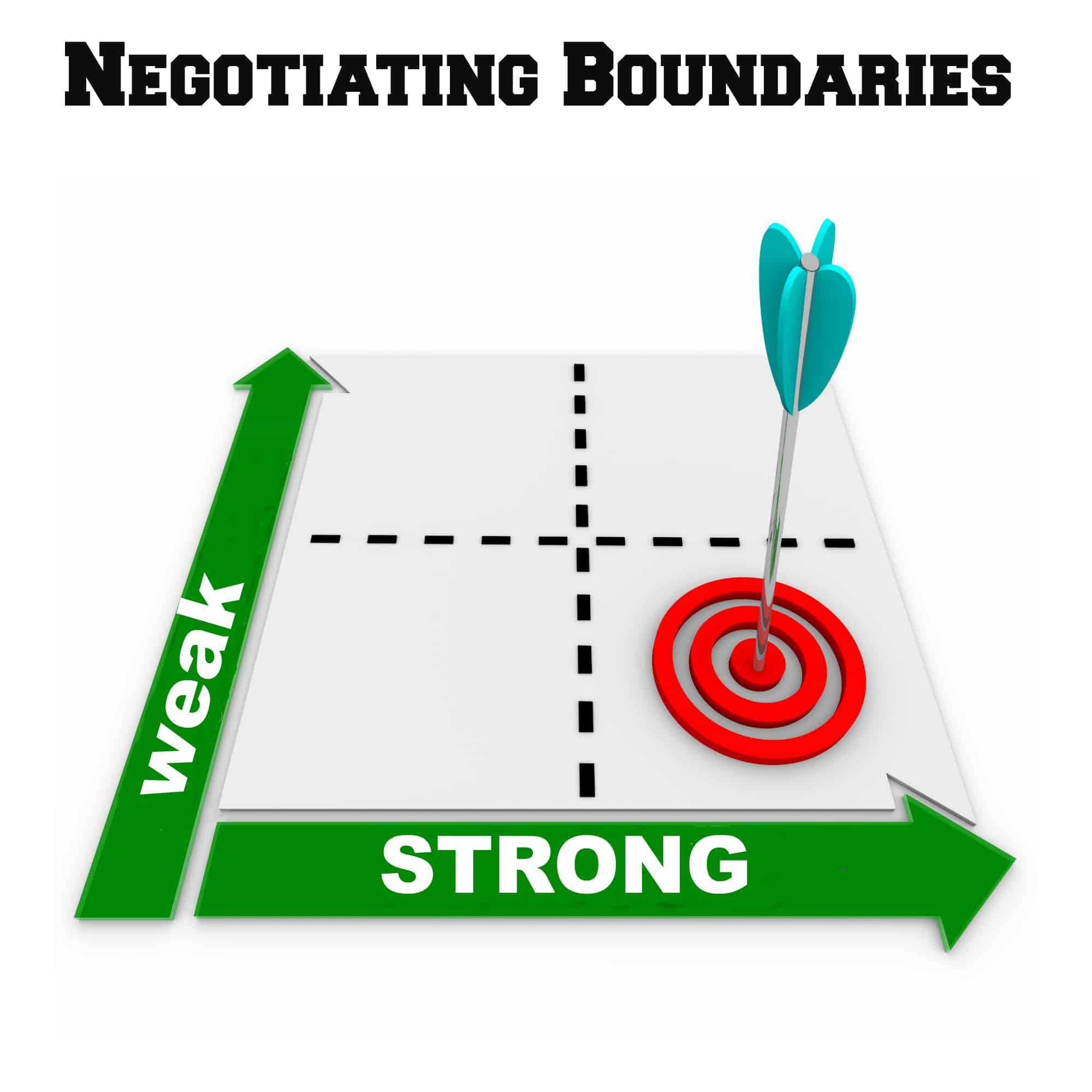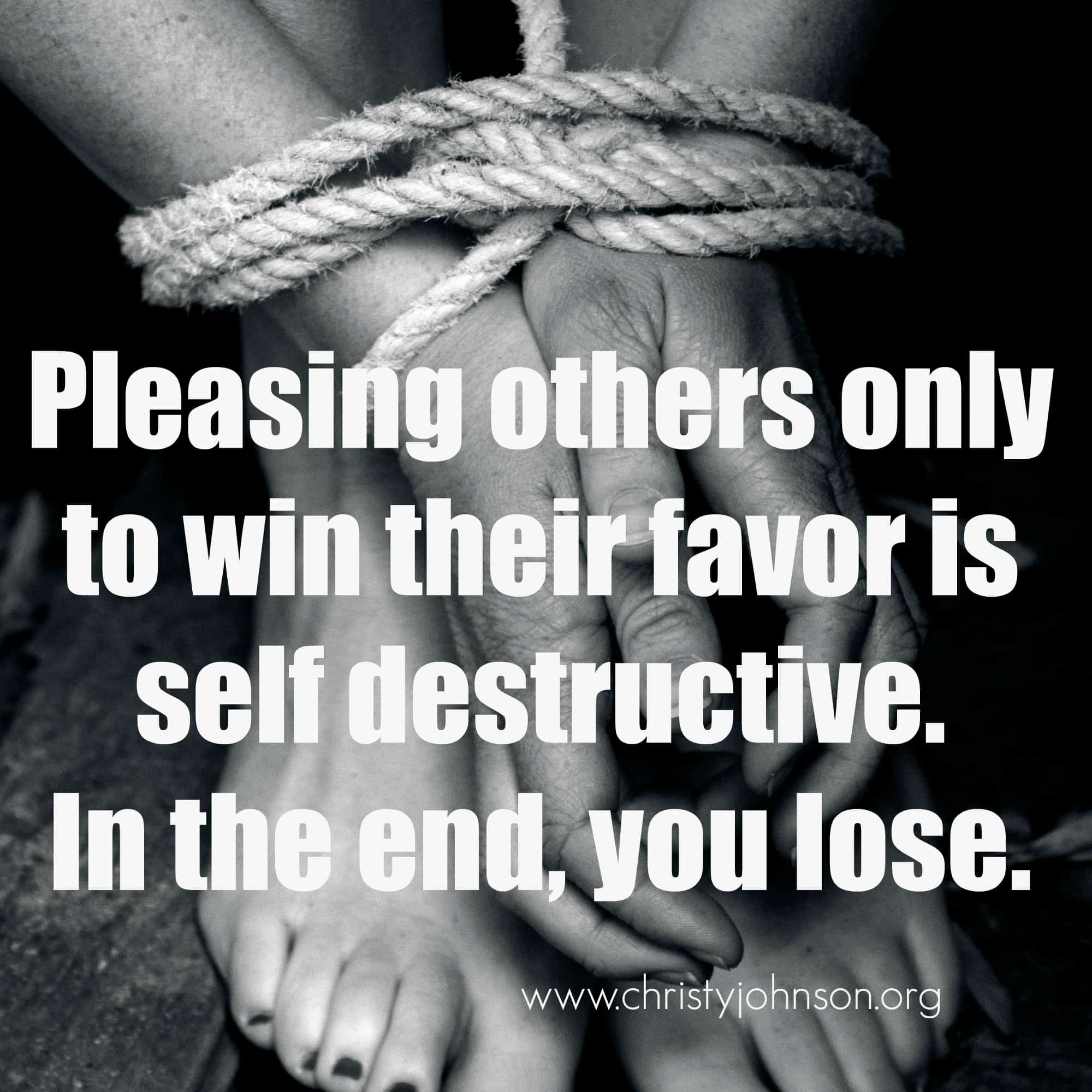“I can’t seem to get past this,” Erica said. Collapsing in a heap, she covered her face. Long brunette locks with burgundy highlights fell past her shoulders. Gray roots exposed a lack of maintenance. Her two-carat solitaire sparkled in the stream of sunlight that flooded my office, making a contradictory contrast against her chipped manicure and thrift store clothing.
“I hate that it’s been two years since I found out that Steve was embezzling funds from his employer. I’m thankful his boss never filed suit, but I can’t seem to let go.”
Her voice softened. “The shame is overwhelming. We’ve lost everything and have had to start all over. Financially, our life is a mess and I’m an emotional wreck. My jaw hurts every morning. I guess I’m clenching my teeth while I sleep and I wake up exhausted.” Erica bit her lip. “I want our marriage to work.” She paused while a tear rolled down her check. Looking up, she stared at the ceiling and whispered, “I gave him my heart. I put my trust in him. What now?”
I’d been working with Erica for a few months and sensed that she was ready to hear what I had to say. I took a piece of paper out of my printer tray and drew a picture of a teeter-totter. One seat was on the ground and the other seat was stuck up in the air. “I wonder if you’ve put your heart in the wrong place?” I said.
A look of shock washed over her face. “What do you mean?” she asked.
I drew two stick figures and put Erica’s name on the figure stuck in the air. I put Steve’s name by the figure seated on the ground. I put God’s name by the fulcrum or the pivot point in the center.
“This is a picture where you are now. The board of the teeter-totter represents your heart. The fulcrum that supports your relationship represents God. When you give all of your heart to Steve, your confidence and peace are controlled by what he does.”
“That’s exactly how I feel. For years I’ve been the one left hanging in mid-air. Steve has always controlled my peace. So how do I get it back? I want to be the one in charge!”
I drew another picture. This time Erica was in the seat on the ground and Steve was in the air.
“That looks more like it,” Erica said.
“This is still not a good place to be,” I said. “When you’re in control, you’re trusting in your own strength.” I pointed to the fulcrum in the middle. God’s support means nothing when you put all your trust in yourself.
Erica let out a deep sigh. “So where am I supposed to put my heart?”
I pointed to the fulcrum in the middle of the teeter totter. “In the middle. Give it to God. A fulcrum is a pivot point. It’s a support or point of rest. When you give all of your heart to God you can rely on His support to allow you to love others. His supply of love never ends. When you give your heart to Him, He gives you the ability to love others so that even when they disappoint or betray you, you’re not left stuck in the air. Your heart is kept protected and safe.”
“That’s where I want to be,” said Erica. “How do I get there?”
When we give all of our heart to someone else, we create an idol out of them (Psalms 118:8). When we trust in ourselves or our own capacity and strength the Bible calls us fools (Proverbs 28:26). But when we give our heart to God we’re kept safe.
Like I explained to Erica, there’s a place of balance—a place where we put our trust in God and allow Him to be the conduit of love to sustain our relationship. So let’s talk about how to find that place of trust and balance.
The Need for Boundaries
Healthy boundaries create a moat around your property to protect your castle from unnecessary invasion. They may sound easy, but boundaries are one of the most misunderstood relationship topics. Most of the women I coach acknowledge the need for them, but many have no idea how to establish, articulate and enforce them.
Maybe you’ve thought boundaries were selfish. That your priorities were to make him happy and ignore your own needs. Maybe you thought it was his job to protect your heart, not yours. That if you loved him, there was no need to set boundaries. Then what did you do if you felt mistreated? Taken advantage of? Lied to? Often the only way to squash the pain and injustice is to ignore it all together. But at some point, the volcano explodes. Anger stuffed inside has to come out somehow.
If you have a habit of ignoring your instincts or denying your emotions your capacity to set healthy boundaries will be compromised. That’s why the previous lessons have built on helping you Spot manipulation, Trust your gut, Resolve conflict and Overcome vulnerabilities. This journey is progressive. Each step in STRONG helps make the next step easier.
Once you recognize that you’ve allowed men to take advantage of you, it might make you mad at yourself for tolerating unacceptable behavior. That’s okay. Some anger is justified and can make you aware of the need for change. Just don’t stay angry. Allow righteous anger to motivate you to make healthy changes.
No is a Complete Sentence
Some women have grown up with the twisted notion that submission and surrender obligate them to say yes. That somehow it’s more godly to be agreeable. Saying no, however, is a spiritual precept. Why? Because when we say yes when we really mean no, we have to clean up the mess of frustration and potential bitterness left behind. We are supposed to let our yes be yes and our no mean no. The good news is that we don’t have to allow others to trespass against us. The Bible says, “Thou shalt love thy neighbor,” not “Thou shalt please thy neighbor.”
If you’ve been mistreated, let me assure you. God is not happy. You didn’t deserve it. And you don’t have to continue to allow it. In her book, The Emotionally Destructive Marriage, Leslie Vernick says, “Jesus himself valued safety. He stayed away from certain places and people because he knew they meant to harm him (see John 7:11).”
When we don’t protect ourselves physically or guard our heart from emotional offenses we often end up resentful and open the door to bitterness. Boundaries are not only biblical, they’re necessary for our own freedom and the health of our relationships. If you struggle with any of the following boundary barriers, it’s time to build a moat.
Do you: Often Sometimes Never
Feel guilty for saying no
Say yes when you really mean no
Say yes to gain his approval
Say no at first, but relent when he pesters you
Think his time is more valuable than yours
Say yes, but later change your mind
Say yes because you fear his reaction
Desire to be perfect
Feel responsible for him
Often feel overwhelmed with too many responsibilities
Over-commit because you think you can handle it
Think saying yes is more spiritual
Look over your answers paying attention to how many times you checked often. The more you oftens checked, the more you need to practice setting boundaries.
 Communication and Consequences
Communication and Consequences
When others disrespect our wishes, setting effective boundaries requires two things—communication and a consequence. Your partner has to know what you expect and he also needs to know how you intend to respond if he doesn’t honor an expectation or violates your boundaries. You can’t make him change, but his choice to comply with your wishes is often motivated by your behavior. When you continue to allow him to mistreat you there’s no reason for him to change.
Please hear me on this. A consequence is not a punishment or something you establish to discipline him. A consequence is something you create to protect your heart as well as the relationship. It communicates by your behavior, not by your complaints or persistent pleas, that you will no longer tolerate unacceptable behavior. It leaves him with the option to decide whether he wants to cooperate. Your motive to establish healthy boundaries is not to control him, but to protect your heart from bitterness and resentment. Boundaries also help to protect your relationship from the deterioration that will occur when mutual respect is not present.
In my marriage to my first husband I was constantly frustrated because he left his socks and underwear on the floor. No matter how much I complained, he refused to put them in the hamper. It made me feel disrespected.
With the help of a mentor I created a boundary statement—the way I would not only communicate my request but also state how I’d respond if it wasn’t respected. Before I learned how to guard my heart, I thought I only had two choices: I could either be angry because I had to pick up Tom’s things or I could be content because he complied. This mindset allowed him to control my peace of mind. Thankfully, my mentor helped me see other options.
I realized that I couldn’t make Tom change, so if he didn’t pick up his things, I still would because I wanted a neat home. So I told Tom that I’d be happy to do his laundry if he put his dirty clothes in the hamper. If I had to pick his things up, however, I’d put them in a different laundry basket and I would not do that laundry.
Guess what happened? Despite his persistent promises, Tom didn’t change. Not one bit. He still didn’t pick up his dirty clothes, but an amazing thing happened to my peace. I was no longer angry. I’d finally learned how to quit allowing his actions to control me.
This may seem like a trivial example, but if we can’t set boundaries for smaller irritations we’ll never be able to enforce more difficult boundaries. Over time, daily frustrations build into huge mountains of anger. Just like a small splinter causes much pain, it’s the little foxes that spoil the vine (Song of Solomon 2:15). We have to stop the blood loss.
Be Prepared
When setting effective boundaries, resist the temptation to verbalize idle threats. It’s important to mentally prepare yourself that you will be ready to follow through with actions when others violate your boundaries. If you don’t follow through it only reinforces that you don’t mean what you say. It takes time and determination to reroute how others treat you, but you can do it. Remember—say what you mean and mean what you say.
Authors Dr. Henry Cloud and Dr. John Townsend and The Boundaries Book Team posted this question in their blog post titled, How to Test the Quality of any Relationship: “Is it possible that others will become angry at our boundaries and attack or withdraw from us? Absolutely. God never gave us the power or the right to control how others respond to our “no.” Some will welcome it; some will hate it.
“We can’t manipulate people into swallowing our boundaries by sugarcoating them. Boundaries are a “litmus test” for the quality of our relationships. Those people in our lives who can respect our boundaries will love our wills, our opinions, our separateness. Those who can’t respect our boundaries are telling us that they don’t love our “no.” They only love our “yes,” our compliance.”[i]
When your date, partner or spouse violates your boundaries, mentally prepare yourself that you will be ready to follow through with action, not with mere words. Words alone will do nothing to convince him that you mean what you say. It’s important to mean what you say and say what you mean. Idle threats are meaningless. When you don’t follow through it only reinforces that you don’t mean what you say. It takes time and determination to reroute how he treats you, so be patient and consistent. Don’t give up.
There’s a difference between being a peacemaker and a peacekeeper. We are peacekeepers when we tolerate unacceptable behavior or when we try to keep the peace because we don’t have the strength to stand up against abuse or disrespect. When we try to keep the peace, we’re only creating temporary synthetic solace. We put band aides on serious wounds and say there’s peace when there really is none (Jeremiah 6:14).
But Jesus called us to be peacemakers. Being a peacemaker requires that we stand up to conflict so that we can make a permanent change. We have to take responsibility to change when other people violate our boundaries. Complaining or crying or giving long lectures and emotional pleas may elicit a promise or a temporary change, but they usually do nothing to create long-term changes.
Ignoring the situation and hoping it will go away or deciding to do nothing encourages continued disrespect. Covering up for his mistakes creates an illusion that everything is okay, but it’s only a temporary salve that creates a deeper wound as time goes on. Proverbs 19:19 says, “A hot tempered man must pay the penalty; if you rescue him, you will have to do it again.”
It may not seem fair, but we’re the ones that have to make changes in the way we respond. We can’t make him change, but we can teach him how to treat us by what we tolerate.
 Bekah’s Story
Bekah’s Story
Bekah’s two greatest needs in her marriage are to feel safe and chosen. Unfortunately, honoring those needs had not been a priority to her husband, Trey. He golfs four times a week and is rarely home on weekends to spend time with their family. He drinks excessively and often stays out late even when he promises to be home by a certain time. If she calls to find out where he is he’ll either ignore her or hurl insults to impress his drinking buddies within earshot.
Bekah gathered her courage and moved out, but within two weeks of their separation Trey had an affair. He blamed it all on her. “I wouldn’t have done it, but you walked out on me.”
Devastated, she moved back in when he promised to change. Instead of change however things got worse. Their marriage counselor recommended a divorce, but Bekah wasn’t ready.
A separation or divorce is one of the biggest boundaries we’ll ever set. And since Bekah had a little experience in setting boundaries, she caved under the pressure. Trey’s accusations that it was all her fault filled her with a false sense of guilt and caused her to go back.
If we set a boundary before we’re emotionally ready, it’ll be difficult to resist the backlash. That’s why it’s important to be resolved. Don’t communicate a boundary until you’re prepared to follow through with the consequences. Otherwise, you’ll merely teach him that you don’t really mean what you say.
Communicating effective boundaries and deciding what consequences we’re willing to enforce requires a lot of thought. It’s a difficult process. Especially when we were hoping that he’ll be the one to change. It may not seem fair to know that we’re the ones that have to take active measures to change the dynamics of our marriage or relationship, but it’s necessary.
Bekah and I met to go over how she would articulate a reasonable boundary. We started out by discussing an upcoming business trip that she would be attending with her husband. We worked on creating a boundary statement—the way she would articulate her desires and how she’d respond if they weren’t respected.
It’s important to do this ahead of time. As you learn to express your own boundary statements, take the time to consider if you’re being reasonable as well as resolved to follow through. It helps to brainstorm options with a wise friend. When emotions are elevated, it’s hard to think with clear focus. After you’ve decided how you’ll communicate your wishes as well as how you’ll respond if he doesn’t respect them, practice saying them out loud until you can say state your desires with a calm demeanor. You don’t want to cower under the pressure of the moment or back down because of threats or verbal abuse.
I suggested that Bekah to begin her conversation with Trey with a positive affirmation. An accusation like, “You never do this!” would only create a negative environment and put Trey in a defensive posture.
Here’s what Bekah came up with:
“I’m glad that you’re invested in working on our marriage and I’m really looking forward to our upcoming trip together. I believe it will be a great new start for us. As you know in the past it’s hurt me tremendously when you said you were coming home at a certain time, but stayed out late drinking. It made me feel disrespected and not valued.
“I do believe that you’re committed to making changes in this area, but the only way for me to know for sure is to see that evidenced by your behavior.
“Just to let you know in case that happens on our trip, I’m choosing to change the way I normally respond and I won’t be in the room when you get back. Those kind of actions communicate that you’re not invested in making me feel safe and chosen. I realize I can’t make you come home on time, but I can change my own responses.
“I also won’t tolerate sarcastic or accusatory reactions. If those happen I won’t participate in the other planned events or may have to even fly home early.”
This was a game changer for their relationship. Working through the need to communicate her needs to her husband instead of allowing her anger to pile up freed Bekah. “My value and confidence soared. Not because he gave it to me, but because I gave it to myself. Until I stood up for me, I never realized how much I backed down because of fear.”
Bekah’s story ended well. The more confident she became the more Trey began to honor her wishes. That’s not always the case. Not all men have the character or motivation to change. But even if they don’t, you’ll grow stronger and less tolerant of unacceptable behavior. One thing is certain. If you don’t grow, neither will your relationship. If you continue to accept unacceptable behavior, he’ll continue to treat you the same.
Words of Wisdom
Below are some of my favorite scriptures that show God’s heart on healthy boundaries. As you read through the verses, which ones most speak to you? Why? How can you use this wisdom and instruction in your own relationships?
- Above all else, guard your heart, for it is the wellspring of life (Proverbs 4:23).
- A hot-tempered man must pay the penalty; if you rescue him once, you’ll have to do it again (Proverbs 19:19).
- Do not speak to a fool; for he will scorn the wisdom of your words (Proverbs 23:9).
- Whoever corrects a mocker invites insult; whoever rebukes a wicked man incurs abuse (Proverbs 9:7).
- Drive out the mocker, and out goes strife; quarrels and insults are ended (Proverbs 22:10).
- Stay away from a fool, for you will not find knowledge on their lips (Proverbs 14:7).
- He who gets wisdom loves his own soul (Proverbs 19:8a).
- The fear of the Lord leads to life; Then one rests content, untouched by trouble (Proverbs 19: 23).
- Like a muddied spring or a polluted well is a righteous man who gives way to the wicked (Proverbs 25:29).
- The fear of man proves to be a snare, but whoever trusts in the Lord is kept safe (Proverbs 29:25).
- Warn a divisive person once, and then warn them a second time. After that, have nothing to do with them (Titus 3:10).
- Have no fear of sudden disaster or of the ruin that overtakes the wicked, for the Lord will be your confidence and will keep your foot from being snared (Proverbs 3:25-26).
- Don’t give your best strength to others and your years to one who is cruel (Proverbs 5:9).
- In the paths of the wicked lie thorns and snares, but he who guards his soul stays far from them (Proverbs 22:5).






